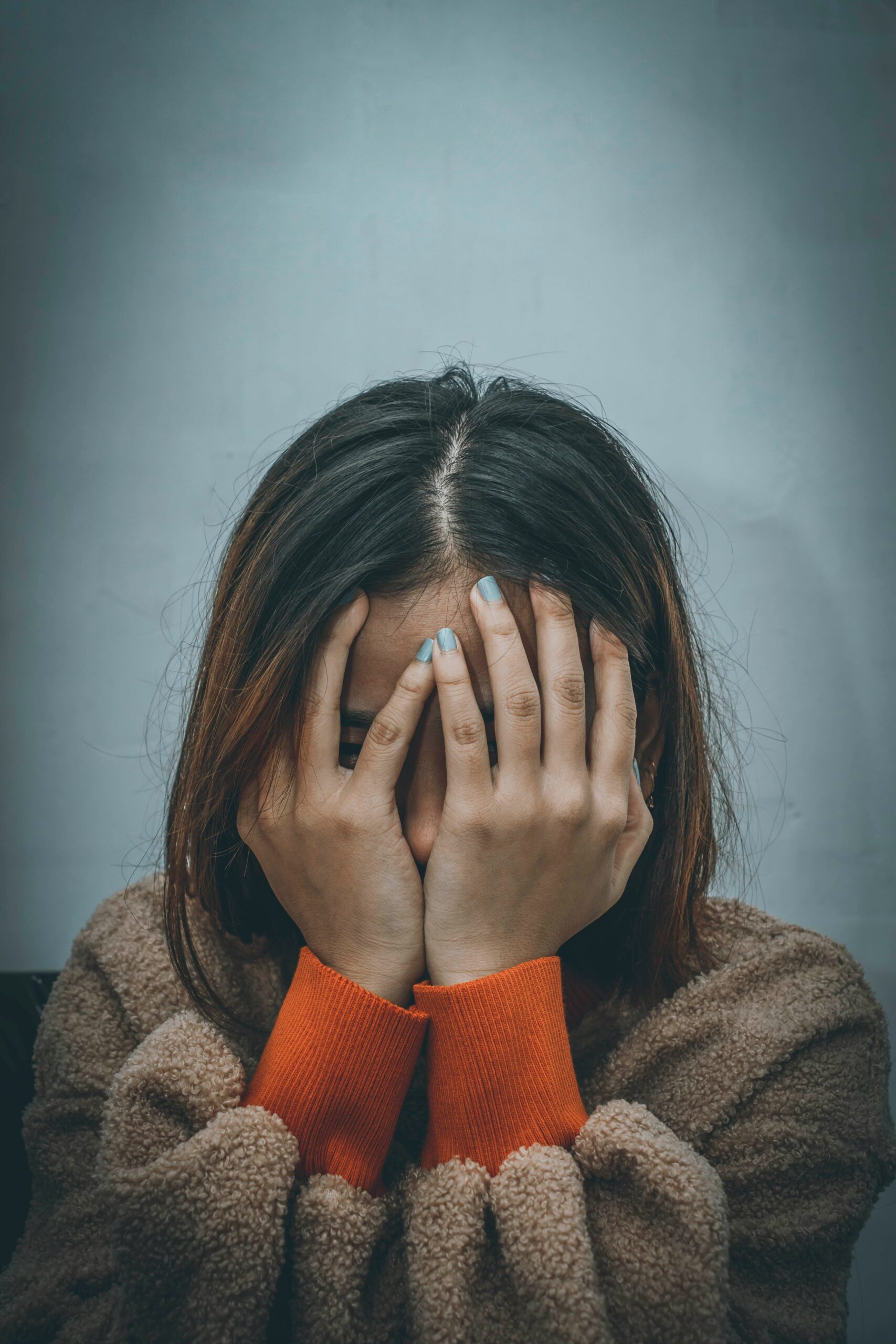The winter blues could be a sign of cabin fever or potentially seasonal affective disorder, or SAD. Cabin fever, by definition, is a psychological symptom people may notice when they are confined to their homes for longer than regular periods. SAD refers to a type of significant depression that is re-occurring, and episodes occur during the same season each year. SAD is often referred to as the “winter blues”; however, some people may experience SAD in the summer, but it is less common. SAD is typically related to the amount of sunlight people are exposed to. To be diagnosed with SAD by a mental health professional, you must meet the criteria from the DSM-5-TR for at least 2 years. Symptoms of cabin fever may be:
- Restlessness
- Irritability
- Lonelines
Not every person experiences the same symptoms if they battle with SAD. Some symptoms of SAD may include:
- Hopelessness
- Sadness
- Thoughts of suicide
- Too much sleep
- Change in appetite
- Weight gain
- Lower energy
- Fatigue
- Difficulty concentrating
- Irritability
- Avoidant social situations
- Increased sensitivity in social situations


If you experience SAD in the summer, some of the symptoms may include:
- Poor appetite
- Weight loss
- Insomnia
- Agitation
- Anxiety
Typically, SAD is mild or moderate. However, some individuals may experience severe symptoms, making it difficult to function in their daily lives. Sometimes, SAD is misdiagnosed as mononucleosis. In additionally to the above symptoms, both winter and summer SAD could include the following:
- Guilt
- Loss of interest or pleasure in doing things
- Somatic symptoms such as headaches or stomach aches
What causes SAD? The cause of SAD is unknown. However, there is evidence that lower melatonin levels, which is a hormone regulating sleep, could be linked to SAD. People who experience SAD may also have difficulties regulating the serotonin, which influences mood. Insufficient levels of Vitamin D have also been found to be connected to those who suffer from SAD and depression symptoms. People who experience SAD may have a family history of depression. It tends to be more common in women than men.
Treating SAD is vital for your overall health. Some common treatments are:
- Light Therapy
- Vitamin D
- Self-Care
- Plan a trip somewhere warm
- Physical Activities (join a gym and follow through with a workout plan)
- Positive attitude
- Antidepressant medication
- Counseling
Cabin fever could trigger thoughts related to COVID and not being able to get out as often. Cabin fever can feel isolating and lonely. It is not a diagnosis in the DSM-5-TR but has many emotional and physical side effects that can affect people’s daily lives. Many people are social creatures, and being unable to do so can contribute to feeling more down than usual. Some of the reasons someone may experience cabin fever:
- Inability to connect with others socially.
- Not participating in everyday activities
- Burnout from work
- Worried about finances
- Too much or too little work
Here are some signs of cabin fever:
- Boredom
- Irritability
- Restlessness
- Impatient
- Anxiety
- Little Motivation
- Loneliness
- Hopelessness
- Depression
Some behaviors an individual may have if they are experiencing cabin fever:
- Not completing daily or weekly tasks
- Sleeping too much or having trouble sleeping
- Difficulty concentrating
- Change in hygiene
- Change in eating habits
- Drinking too much alcohol
Regardless if you are experiencing cabin fever or SAD, it is essential to know how to cope with the emotions you are experiencing. The following are things that you can do to help yourself through this challenging time:
- Stick to your routines
- Good work/life balance
- Eat healthy meals
- Spend time in nature
- Take care of plants or herbs
- Watch for sunrises or sunsets
- Play with your pet
- Get an adequate amount of sleep
- Connect with family or friends
- Focus on positive thoughts
- Journal
- Give yourself grace
- Allow yourself permission to rest
- Read a book
- Do something you enjoy
- Keep moving
Remember, it can be challenging to navigate these emotions and feelings related to cabin fever or SAD. It is okay to contact a mental health professional to learn strategies to help you navigate difficult times. It is encouraged to seek help if you notice new or worsened feelings of anxiety or depression, worsening obsessive-compulsive biovars, lack of interest in things you enjoy, low motivation, problematic sleeping patterns, change in diet, or an increase in an inability to concentrate. You can find a mental health professional that may be right for you on Psychology Today. Remember, if you do reach out for help and don’t feel your therapist is a good fit, it is okay to shop around to find one you can connect with.

